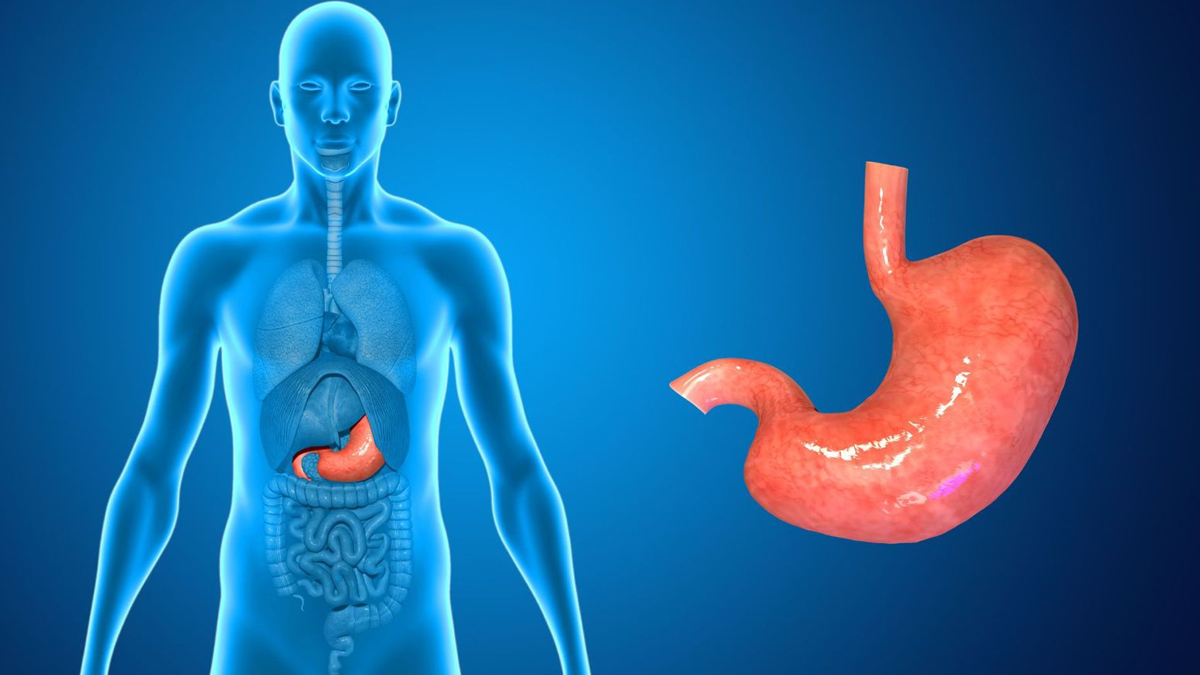
Media mogul Oprah Winfrey, 70, was recently hospitalised due to a severe stomach virus. The news was revealed by her close friend and CBS anchor, Gayle King, during an episode of *CBS Mornings*. Oprah was expected to make an appearance to announce her latest Oprah’s Book Club pick but was conspicuously absent.
Table of Content:-
Gayle King explained Oprah's condition succinctly yet vividly, stating, “She had some kind of stomach thing—stomach flu—stuff was coming out of both ends.” To avoid delving too deeply into graphic details, Gayle focused on the seriousness of Oprah's condition, noting that she needed an IV for dehydration. “It was a very serious thing,” she emphasised.
Current Health Update
Fans of Oprah can breathe a sigh of relief. Gayle reassured the audience that Oprah is on the mend, although she needs ample rest. “She will be okay. I hope she is not mad at me for sharing that detail,” Gayle added, underscoring Oprah’s commitment to her audience and how much it bothered her to miss the engagement.
Additionally, the official Instagram account for Oprah Daily provided an update, stating, “We are happy to share that after receiving an IV due to dehydration at the recommendation of her doctor, Oprah is feeling much better. We wish her a speedy recovery.”
View this post on Instagram
Understanding Stomach Flu
Stomach flu, medically known as viral gastroenteritis, is a viral infection that impacts the stomach and intestines. The term “gastro” pertains to the stomach, “enter” to the small intestine, and “itis” to inflammation. When combined with "viral," it denotes an infection caused by a virus.
The illness causes gastrointestinal symptoms such as diarrhea, abdominal cramps, and nausea. While often referred to as a “stomach bug,” not all cases are viral; bacteria or parasites can also be culprits, though the symptoms remain similar regardless of the cause.
Also Read: Naomi Campbell Opens Up About Welcoming Children Via Surrogate; Medical Reasons to Need Surrogacy
Common Symptoms
As per Dr Anurag Shetty, Medical Gastroenterology, KMC Hospital, Mangaluru, the most prevalent symptoms of stomach flu include:
- Diarrhea
- Nausea and vomiting
- Loss of appetite
- Abdominal pain and cramping
These symptoms result from the inflammation in the stomach and intestines, which is the body’s immune response to the infection. In more severe cases, the infection can cause systemic symptoms, which are signs that the immune system is engaging beyond the digestive system. Systemic symptoms can include:
- Fever
- Chills
- Fatigue
- Body aches
- Headaches
- Swollen lymph nodes

Causes of Stomach Flu
Several viruses can trigger gastroenteritis. The most common include:
- Norovirus: The leading cause in adults, responsible for about 50% of cases globally. It is resilient to temperature changes and disinfectants.
- Rotavirus: Predominantly affects children under three, although a vaccine has significantly reduced its incidence.
- Astrovirus: Typically impacts young children and can spread through daycare centers and elder care homes.
- Adenovirus: Often causes respiratory infections but can lead to gastrointestinal infections if ingested. It affects all age groups.
Also Read: Kourtney Kardashian Reveals Fetal Surgery Scar In Maternity Photoshoot; What Is Fetal Surgery?
Transmission and Prevention
Stomach flu spreads via the “fecal-to-oral route.” The virus can survive in the feces and vomit of infected individuals. Microscopic traces can linger on hands, surfaces, and objects, potentially contaminating food and water sources. Transmission occurs when an individual ingests contaminated food or water or touches their mouth after contact with an infected person or surface. Preventive measures include:
- Frequent handwashing with soap and water
- Disinfecting surfaces regularly
- Avoiding close contact with infected individuals
- Ensuring food and water safety
Treatment and Recovery
There is no specific medicine to cure stomach flu, as antibiotics do not work on viruses. The immune system handles the infection naturally, typically within a few days. Key steps to support recovery include:
- Resting at home
- Staying hydrated with small sips of water or ice chips
- Eating small amounts of easily digestible foods
Some studies suggest that probiotics, which are beneficial bacteria in the gastrointestinal system, may expedite recovery. Consult with a healthcare provider to determine if probiotics are suitable for you.
Bottomline
Oprah Winfrey’s recent hospitalisation for a severe stomach virus underscores the impact of viral gastroenteritis. While she is on the path to recovery, her experience highlights the importance of understanding this common but often debilitating illness. By taking preventive measures and supporting the body’s natural recovery process, individuals can manage stomach flu effectively.
Also watch this video
How we keep this article up to date:
We work with experts and keep a close eye on the latest in health and wellness. Whenever there is a new research or helpful information, we update our articles with accurate and useful advice.
Current Version